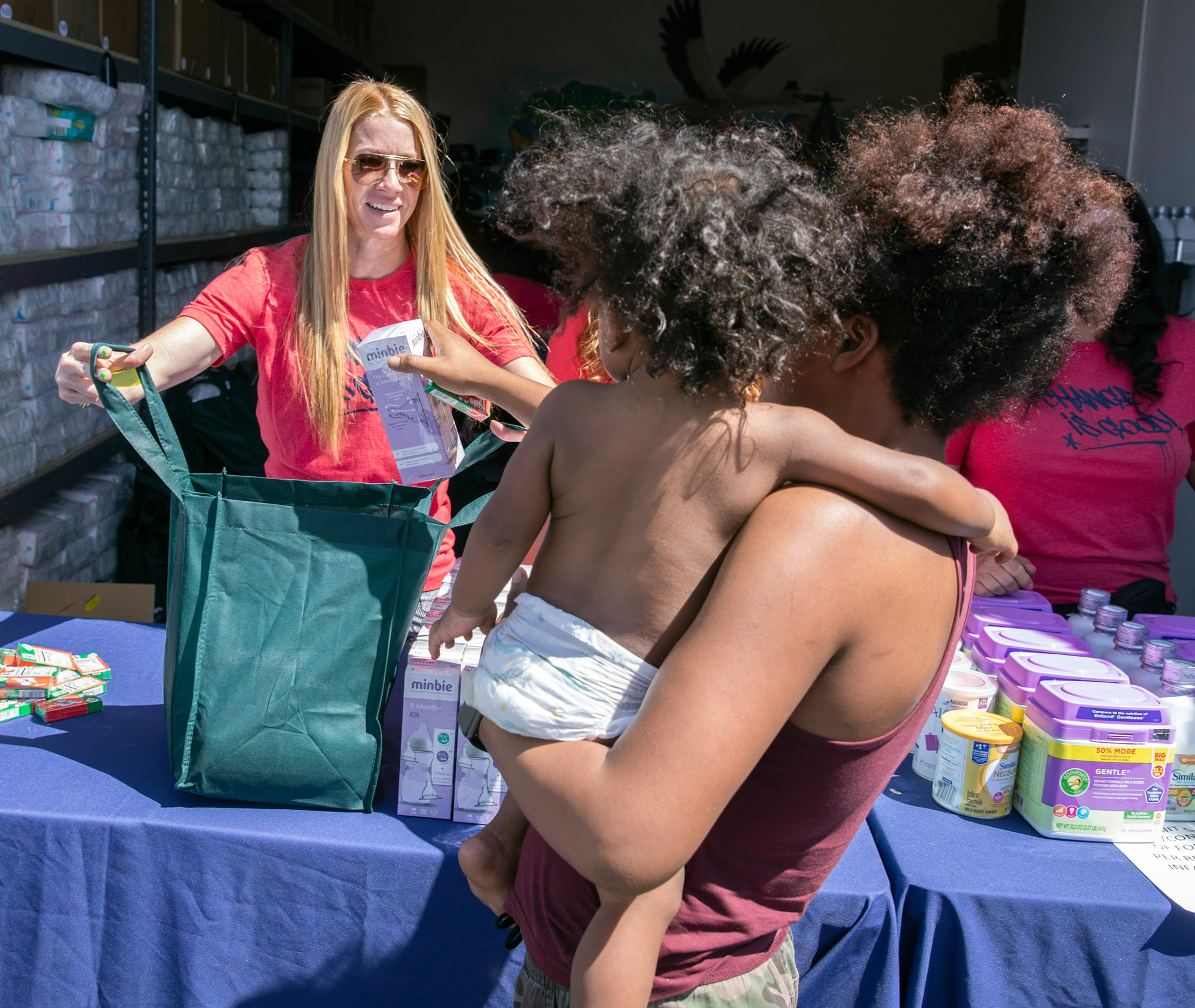Nevada voters will have the opportunity this November to vote on whether to exempt diapers from the state’s sales tax.
If passed, how would it work?
Summary of what it does: The ballot measure would amend the state’s 1955 Sales and Use Tax, which established state sales tax on revenue from personal property.
The law has several exemptions baked in, many through recent ballot initiatives. Items that are not subject to sales tax include food, farm equipment, feminine hygiene products and prosthetic devices. Question 5 would apply to child and adult diapers.
The state sales tax rate is 6.85 percent, though the rate varies by county. The exemption would begin Jan. 1, 2025 and last through the end of 2050.
How did we get here? The question was placed on the ballot by the Legislature via a bill designed to amend the voter-approved 1955 sales tax law, which can only be modified by a vote of the people at the ballot. Unlike proposed constitutional changes, the question can proceed to the ballot after just one legislative session.
Introduced as SB428 in the 2023 Legislature, the bill passed each chamber unanimously and was signed by Republican Gov. Joe Lombardo in June 2023, securing its place on the ballot.
What have other states done? If passed, Nevada will join 19 states — ranging from red states such as North Dakota and Texas to blue states such as California and New York — and the District of Columbia in exempting diapers from the sales tax.
Argument for passing Question 5: In addition to unanimous support from state legislators, Question 5 is backed by local organizations. Nevada diaper bank nonprofit Baby’s Bounty and progressive organization Battle Born Progress are among its supporters.
In a letter to lawmakers last year, Baby’s Bounty Executive Director Kelly Maxwell wrote that newborns can require eight to 10 diapers per day, costing as much as $1,200 per year. Removing the sales tax will help reduce those costs for families of young children, advocates say.
A number of state and local elected officials wrote letters in support as well, including state Treasurer Zach Conine and Secretary of State Francisco Aguilar, both Democrats.
“As Nevada’s chief investment officer, I see firsthand how much strain Nevada families are currently under as a result of changing market conditions, inflation and rising costs for everyday essentials,” Conine wrote. “Nowhere is this more evident for new parents in our State, than with diapers.”
Arguments against passing Question 5: In the secretary of state’s ballot question summary, the law’s expected fiscal impact is noted as an argument against passage.
Throughout the 25 years during which the exemption would be in effect, the state estimates that $400 million in tax revenue would be lost between state and local governments.
The argument against it notes that other essential items such as soap and toothpaste are subject to sales tax, and a diaper exemption favors specific groups of people.
Primary funders: There were no political action committees registered to support or oppose the measure.
Financial impact: The state’s fiscal note estimates that had the diaper exemption been in effect in fiscal year 2024, the state would have lost $7.9 million revenue. In addition, 14 of Nevada’s 17 counties impose an additional sales tax — the state estimates those counties would have lost out on an additional $1.6 million in revenue.
But the analysis notes that it does not incorporate the possibility that Nevadans will spend more on other taxable products due to their sales tax savings on diapers.

